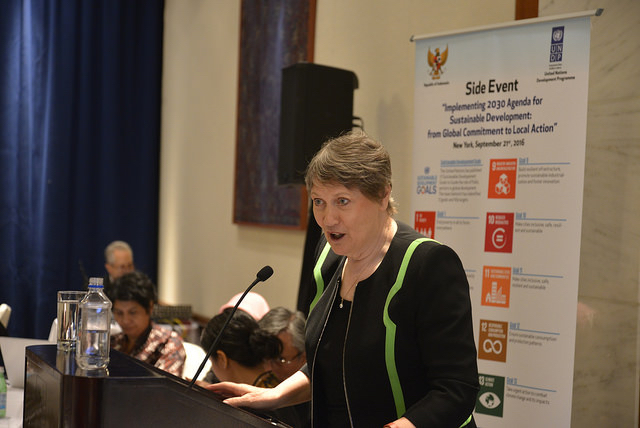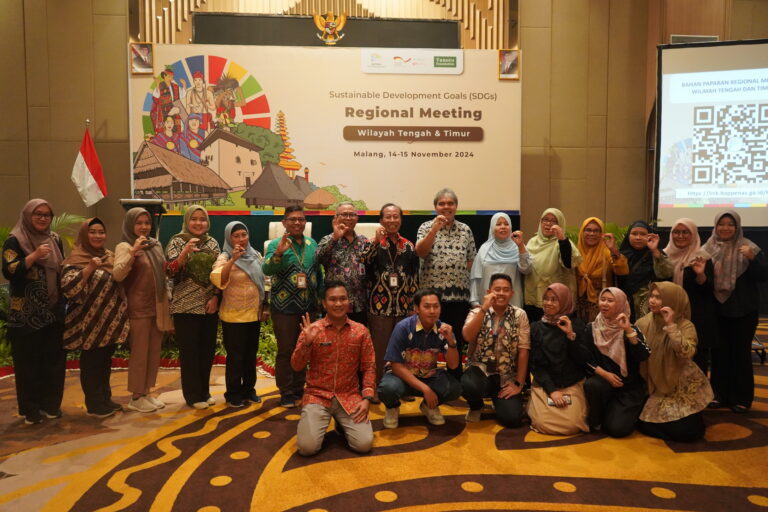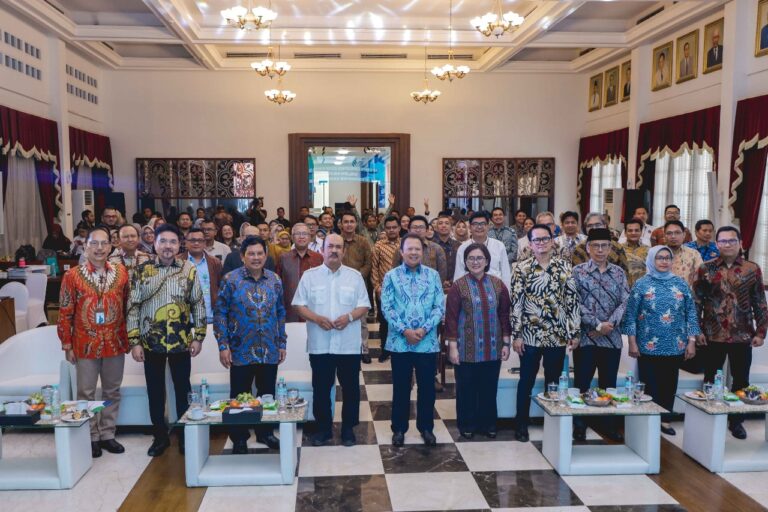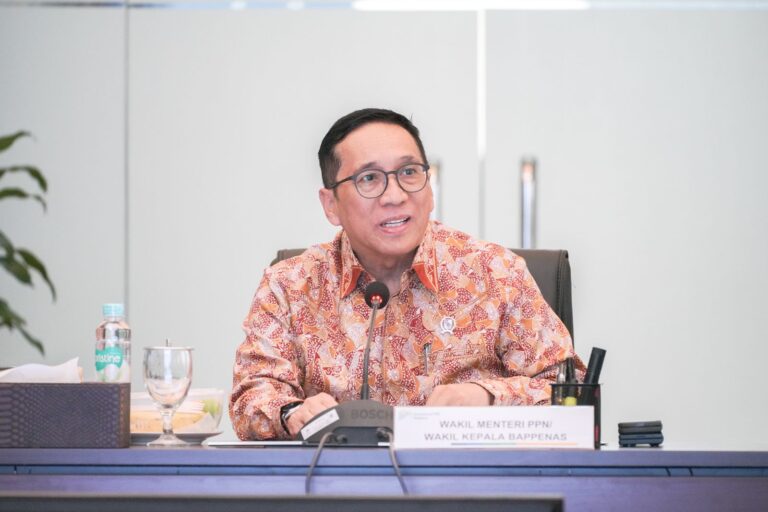I am pleased to join you at this event on Implementing the 2030 Agenda for Sustainable Development, jointly organized by the Government of the Republic of Indonesia and UNDP. At the outset, let me thank both the Vice President and the Minister of National Development Planning of Indonesia for being with us to share their country’s experience in rolling out the Sustainable Development Goals (SDGs).
Indonesia was an important player in designing the 2030 Agenda.
In 2012, former President Yudhoyono served as a Co-Chair of the UN Secretary General’s High-Level Panel of Eminent People on the Post-2015 Development Agenda. Vice President Kalla affirmed Indonesia’s commitment to the SDGs at the historic adoption of the new agenda one year ago.
Momentum for the SDGs has grown rapidly since then. As we saw at the High Level Political Forum here in New York in July, governments, civil society, and other stakeholders have taken early action to localize the SDGs. The countries we will hear from today are very good examples.
Indonesia has built on the convergence that exists between the SDGs and its national development plan, and is designing national and local action plans. A Presidential Decree on the SDGs has been drafted to guide roll-out of the agenda across the archipelago.
There is a similar focus on national and sub-national implementation in Nigeria, with emphasis given to collaboration across sectors for localizing the SDGs.
Mexico is explicitly aligning its National Action Plan with the SDGs, transforming each of its commitments into a specific policy outcome which addresses a national development challenge.
UNDP is a proud partner of the work which Indonesia, Nigeria, and Mexico are leading to bring the SDGs to life. In every country, there is much to do to advance sustainable development. It will be important for all to :
– adopt multi-dimensional perspectives on development which incorporate pursuit of human development and environmental sustainability, and acknowledge the importance of addressing vulnerabilities and marginalisation;
– involve the full range of stakeholders in national and local development aimed at achieving the SDGs;
– put in place far reaching adaptation and mitigation measures in the face of the risks to development of climate change and of other natural hazards; and
– invest in the systems and capacities necessary for tracking progress on SDG achievement at the national and sub-national levels. A particular challenge is to “leave no one behind”. Nearly 700 million people are still living in extreme poverty. More than seventy five per cent of the population in developing countries lives in societies which are more unequal than they were two decades ago. Thus policies which promote inclusive growth are critical. Excluded and marginalized groups need to be involved in finding and implementing development solutions, and good quality data is needed to track progress in advancing development for all.
In this regard, Indonesia is to be commended for adapting the indices it has for monitoring democratic governance[1] to the task of monitoring progress on key targets of SDG 16 on peace, justice and inclusion, working closely with civil society partners. We are pleased that UNDP is involved with a new partnership with Indonesia to develop approaches to participatory monitoring of progress on Goal 16 further.
Meeting the SDGs by 2030 will require not only strong policies, but also significant implementation capacity, adequate financing, and effective partnerships. Here again, we see encouraging early trends. In most countries, civil society is already participating in SDG policy dialogues and implementation. Private sector alliances, such as the national Global Compact networks in Indonesia and elsewhere, are also advocating for the Goals. Increasingly, businesses are providing financing for the Goals and internalizing them into new sustainable business practices.
For example, UNDP’s work with the SDG Philanthropy Platform in four countries – Indonesia, Colombia, Ghana, and Kenya – is identifying ways to leverage from the strengths of the philanthropy sector to contribute to the achievement and localization of the SDGs.
In its support to countries on the new global agenda, UNDP is applying the ‘MAPS’ approach agreed among all UN development agencies – it stands for ‘mainstreaming, acceleration, and policy support’. Through this approach, we seek to help countries land the global agenda at national and subnational levels, break-down specific bottlenecks to progress, and source policy expertise from across the UN system.
A key focus is on supporting exchanges of experiences and best practice. UNDP is very committed to this, including through South-South and Triangular Co-operation. I thank the Vice President and Ministers for their participation in this event, and I wish you all very productive discussions.




